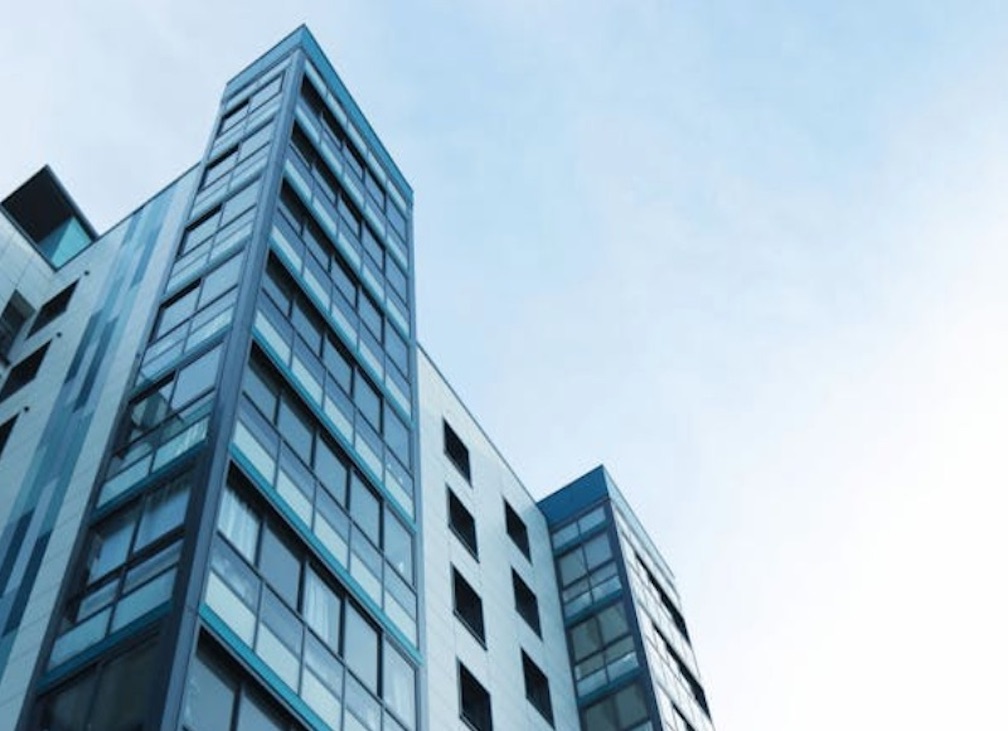Understanding The Role Of Professional Building Inspection Services
- Written by The Times

Investing in professional building inspection services provides invaluable peace of mind. Our dedicated approach prioritises safety and compliance, ensuring your property remains up to code and secure.
Defining Professional Building Inspection Services
Professional building inspection services encompass expert evaluations of a building's structural integrity, safety, and adherence to building codes and regulations. Originating in the 1970s, these inspections serve as a preventive measure to guarantee structural safety and detect potential issues. For more information, you can visit this link:
Importance of Professional Building Inspection
Safety Assurance
Safety is paramount in construction, which is why new home building inspections require proactive measures, risk assessments, and proper training to prevent accidents or harm. Our inspections prioritise safety to safeguard occupants and assets.
Compliance with Regulations
Adhering to local codes and regulations is vital for legal compliance, safeguarding public safety, and avoiding potential penalties or legal actions. Our inspections ensure your property meets all necessary standards.
Prevention of Issues
Preventive maintenance is key to averting potential problems. By conducting thorough inspections, we identify issues early, enabling proactive solutions to avoid future complications.
Types of Professional Building Inspection Services
Residential Inspections
Our residential inspections comprehensively assess a home's structure, systems, and components, ensuring safety, functionality, and compliance with building codes.
Commercial Inspections
For commercial properties, our inspections scrutinize the physical structure and systems, ensuring compliance with relevant codes and standards to support safe commercial operations.
Specialized Inspections
We offer specialized inspections targeting specific areas or elements within a structure or system, ensuring thorough assessments tailored to your property's needs.
Key Components of a Building Inspection
Structural Integrity Assessment
Our assessments ascertain the strength and durability of a structure, guaranteeing stability, safety, and longevity.
Evaluation of Plumbing, Electrical, and HVAC Systems
We conduct comprehensive evaluations of these essential systems to ensure efficiency, safety, and optimal functionality.
Exterior and Interior Examination
Our inspections include thorough examinations of both the exterior and interior, identifying potential issues and maintenance requirements to facilitate preventive care.
The Building Inspection Process
Pre-inspection
Before any property purchase, our pre-inspection phase identifies defects or issues, enabling informed decision-making.
On-site Inspection
We conduct on-site inspections to assess ongoing work or investigate specific concerns related to construction, health, safety, or the environment.
Post-inspection Reporting
Our detailed post-inspection reports provide transparent documentation of findings, facilitating accountability and guiding necessary actions.
The Role of Building Inspectors
Assessment of Safety Risks
We identify and evaluate potential hazards to implement preventive measures and ensure a safe environment.
Identification of Code Violations
Our inspections verify compliance with building, zoning, and safety regulations, maintaining community standards and safety.
Recommendations for Repairs and Maintenance
Our expert team provides precise recommendations for repairs and maintenance to enhance efficiency and prolong usability.
Understanding Building Codes and Regulations
Origins and Purpose of Building Codes
Building codes originated to ensure safety, health, and well-being, setting standards for construction and maintenance to prevent structural failures and fire incidents.
Compliance Definition and Importance
Compliance entails fulfilling official requirements to uphold business integrity and prevent legal issues.
Consequences of Non-Compliance
Non-compliance may lead to legal ramifications, reputational damage, and financial risks.
Impact of Regular Building Inspections
Reduced Risk and Damage
Effective safety measures reduce accidents and damage, preserving resources and ensuring well-being.
Increased Building Lifespan
Regular inspections contribute to longer-lasting structures, reducing environmental impact and replacement costs.
Improved Property Values
Enhanced property values benefit homeowners, local economies, and community well-being.
Choosing a Building Inspection Service Provider
Consideration Factors
Evaluate internal and external factors, including resources, market trends, strengths, weaknesses, opportunities, and threats.
Importance of Qualifications and Experience
Qualifications and experience validate skills and enhance credibility in the field.
Tips for Informed Choices
Thorough research, expert advice, and reflection on personal values aid in making informed decisions.
Conclusion
Investing in professional building inspection services is essential for ensuring safety, compliance, and property longevity. Our comprehensive approach prioritizes preventive maintenance, risk mitigation, and regulatory adherence, safeguarding your property and investment.





















